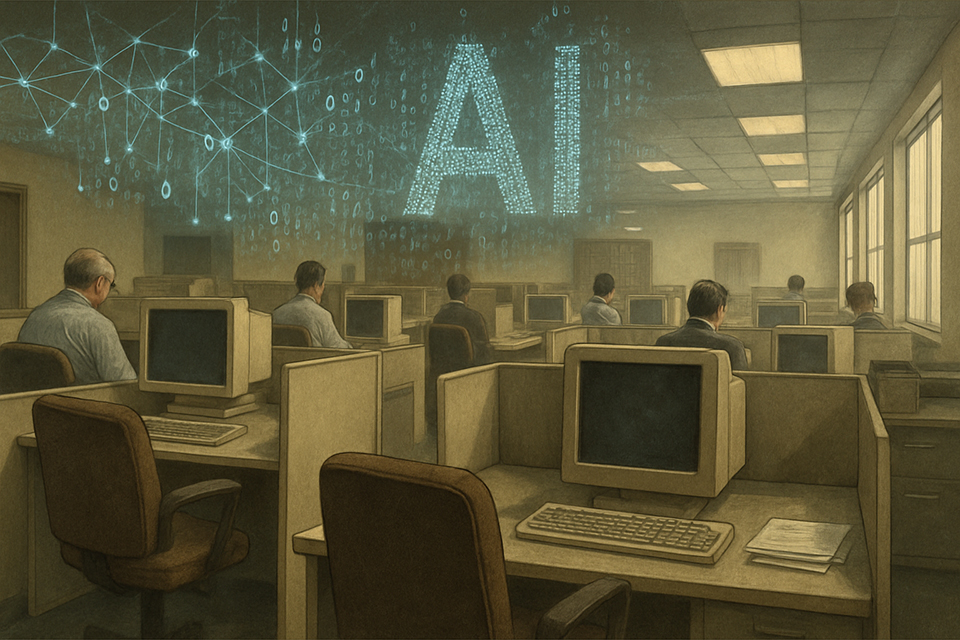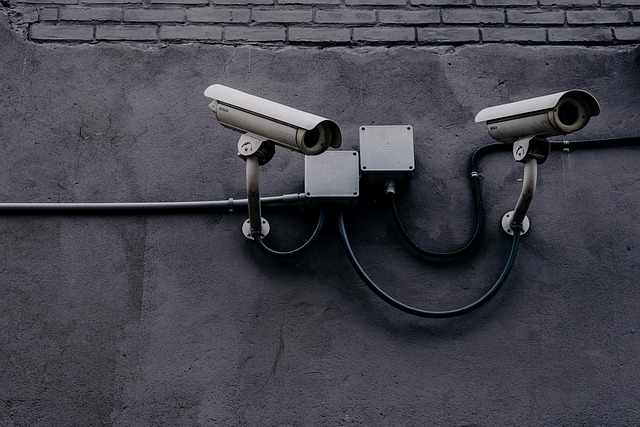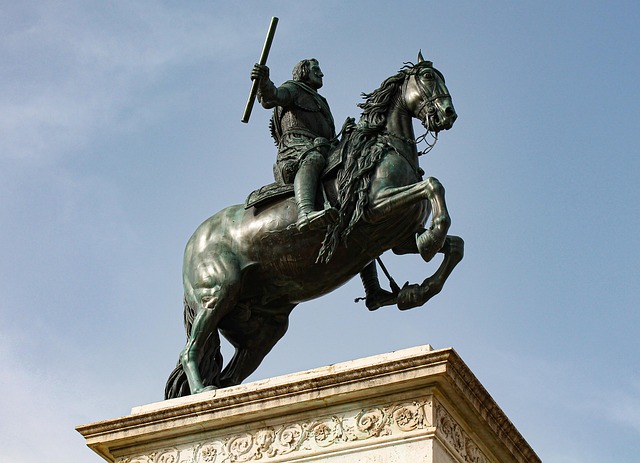AI, Workplace, Automation, Society, Inequality, Future Of Work, Economy
Artificial Intelligence is racing ahead—transforming our workplaces and reshaping the very nature of employment at breathtaking speed. Is this a path toward a better, more efficient future, or are we standing at the edge of a new workplace crisis?
Over the past decade, AI and automation have changed from futuristic promises to immediate realities. From virtual assistants that answer emails to algorithms that handle hiring or financial trading, more and more tasks are being automated. The major technology companies, like Google, Microsoft, and Meta, have made headlines not only for their innovations but also for mass layoffs. Automation and AI not only boost productivity but, unfortunately, often mean that fewer people are needed for the same work.
Experts are divided: some argue that every past wave of innovation ultimately created new types of jobs and enhanced living standards. But this time, the story might be different. Unlike previous industrial revolutions, AI threatens not just routine manual jobs but highly skilled professions too—think lawyers, designers, journalists, or even software developers. The result? A rapidly widening gap between those who can adapt and those left behind.
These changes risk increasing economic and social inequalities. As AI becomes more embedded in our lives, the benefits flow disproportionately to large corporations and top experts, while the rest face shrinking job opportunities or falling wages. If left unchecked, experts predict potential unemployment rates leaping far above historic levels.
What can societies do to navigate this transition? Firstly, reimagining education and job training is vital—future workers need skills in critical thinking, adaptability, and collaboration, not just technical know-how. Secondly, new social safety nets and regulation could soften the blows of economic upheaval. Governments, businesses, and communities must also work together to ensure that technological advancement benefits as many people as possible, not just a privileged few.
The AI revolution is not just a technological shift—it’s a test of our collective ability to shape the future. Will we allow workplace automation to deepen divides, or can we create an era of shared prosperity? The answer depends on the choices we make, starting today. (CIVILHETES)




